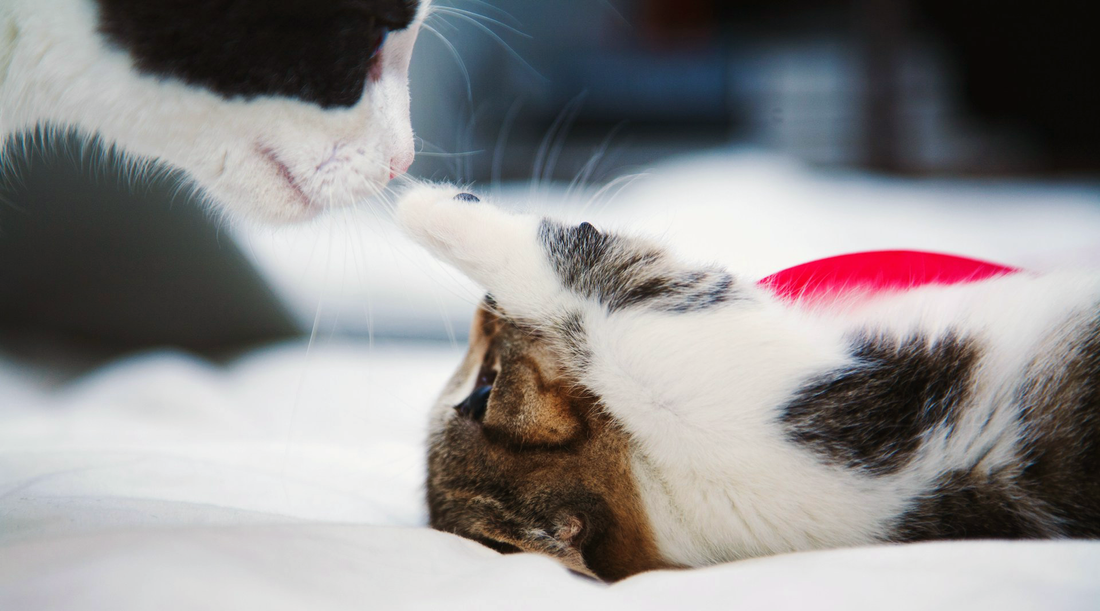
How Long Are Cat's Pregnant For?
LifeSong StaffCats, with their graceful demeanor and independent spirits, often capture our hearts with their charm. But behind their enigmatic nature lies the miracle of feline pregnancy, a journey filled with wonder and excitement. From conception to birth, the process of cat pregnancy is a fascinating and intricate journey that showcases the remarkable abilities of these beloved creatures.
The Duration of Feline Pregnancy:
Feline pregnancy, also known as gestation, typically lasts between 63 to 67 days, although it can vary slightly depending on factors such as breed, age, and health of the cat, as well as the number of kittens in the litter. Unlike humans, whose pregnancies last around nine months, cats have a relatively short gestation period, which is essential for their survival in the wild.
The Stages of Cat Pregnancy:
Cat pregnancy can be divided into several distinct stages, each marked by specific changes and developments in the mother cat and her growing kittens:
- Conception: Conception occurs when a female cat, also known as a queen, mates with a male cat, or tom. During mating, the tom's sperm fertilizes the queen's eggs, initiating the process of pregnancy. Cats are polyestrous, meaning they can go into heat multiple times throughout the year, increasing the chances of conception.
- Implantation: After fertilization, the fertilized eggs travel through the queen's reproductive tract and implant themselves into the lining of her uterus. Implantation typically occurs within a few days of fertilization and marks the beginning of pregnancy.
- Embryonic Development: During the embryonic stage of pregnancy, the developing kittens undergo rapid growth and differentiation. By the end of the third week of pregnancy, the embryos have developed into recognizable forms with developing organs and limb buds.
- Fetal Development: As pregnancy progresses, the embryos continue to grow and mature into fully formed kittens. By the fifth week of pregnancy, the kittens' skeletons begin to ossify, and their features become more defined. Around this time, the veterinarian may be able to detect the presence of kittens using ultrasound or palpation.
- Preparing for Birth: In the final weeks of pregnancy, the mama cat prepares for birth by nesting and seeking out a quiet, safe location to give birth to her kittens. She may exhibit nesting behaviors, such as rearranging bedding or seeking out secluded areas in the home.
- Birth: Around the 63rd to 67th day of pregnancy, the cat goes into labor and begins to deliver her kittens. The birthing process, known as parturition, typically lasts several hours and involves the queen expelling each kitten from her uterus through contractions. Once all the kittens are born, the mom assumes the role of nurturing and caring for her newborns.
- Postpartum Care: After giving birth, she provides essential care to her kittens, including nursing, grooming, and keeping them warm. It's essential for cat owners to provide a supportive environment for her and her kittens during the postpartum period, ensuring they have access to food, water, and veterinary care as needed.
In Conclusion:
Feline pregnancy is a remarkable journey that showcases the beauty and resilience of motherhood in cats. From conception to birth, the process of cat pregnancy unfolds with precision and grace, highlighting the incredible instincts and nurturing abilities of these beloved animals. Understanding the stages of cat pregnancy can help cat owners provide the care and support needed for their feline companions as they embark on the journey of motherhood.
